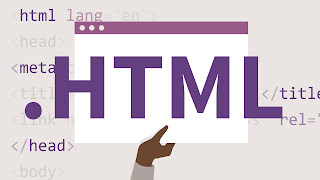HTML and CSS Styles

One of the major requirements or necessities of a developer working on a web-page is to make it attractive to the users. HTML5 efficiently facilitates the development of static web-pages, but to add more styles(to images, content, backgrounds, etc.), cascading style sheets CSS are used. In this HTML Tutorial, we will learn connection between HTML and CSS. So let’s start!!!! Linking CSS to HTML CSS is a language used for styling the HTML document and displaying its elements as per your preference . Uses of HTML CSS HTML elements can be made more attractive and appealing by using cascading style sheets. HTML documents can be incompatible with different devices; they can be made compatible with the help of CSS. Transition and animation effects can be added, without writing any complex JavaScript codes. The same style rules can be easily applied to various HTML elements without any hassle. An element can have dynamic s...

